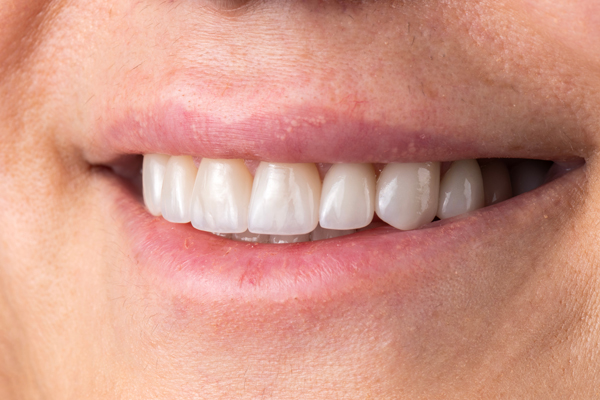Root Canal Therapy to Repair an Infected Tooth

If a dentist has told you that you need root canal treatment, it is usually because you have an infected tooth. Also known as endodontic therapy, root canal therapy can help to repair an infected tooth and save it from extraction. The procedure is relatively simple and involves getting rid of the infected material inside the tooth to stop the pain and restore normal dental functions.
About root canal therapy
A dentist might recommend root canal therapy if a patient is experiencing sore gums, toothache, facial swelling or discomfort when eating. Contrary to what people might think, the procedure is not painful and can prevent the need to remove the tooth. With the anesthetic options and techniques available nowadays, the procedure is as comfortable as getting a dental filling.
This endodontic procedure is required to treat tooth infection or inflammation that has gotten to the tooth pulp. Without dental intervention, the infection can cause a tooth abscess, which may damage the bone supporting the tooth. The abscess is how the body attempts to eliminate the infection. It is a painful condition and makes the tooth vulnerable to damage. Usually, when a filling or dental crown is no longer enough to save the tooth, a root canal is the next resort.
Understanding the root canal procedure
The root canal procedure entails removing the infected pulp and nerve material inside the tooth, then filling and sealing the root canals. During the treatment, the dentist will clean the insides of the tooth properly and fill it with a rubber-like material known as gutta-percha. Afterward, the dentist will apply a temporary dental crown or filling to protect the tooth because a treated tooth is vulnerable to damage.
Patients will need to avoid chewing or biting hard foods with the treated tooth until the restoration process is complete. A follow-up visit is required after the treatment. During this appointment, the dentist will take off the temporary filling or crown and replace it with a permanent dental crown to complete the treatment.
Root canal aftercare
After the treatment, patients will receive instructions from the dentist on how to care for their teeth properly. With adequate care, the treated teeth can last a lifetime. Root canal therapy has a high success rate and is significantly less invasive or complicated than the alternative, which is extracting the tooth and replacing it with a bridge or implant. The treatment saves the infected tooth and restores normal dental functions.
Since tooth decay can still affect the treated tooth, excellent oral hygiene and routine dental appointments are vital to prevent future problems or reinfection. The dentist will take an x-ray of the tooth after some time and compare it with the x-ray taken before the procedure. This will show whether the root canal treatment was successful and whether the bone is being regenerated or not.
Do you need a root canal?
If you have an infected tooth, root canal therapy can likely repair the tooth. To get started, schedule an appointment with a dentist for a consultation.
Request an appointment here: https://www.ismileteam.com or call iSmile Dental Team PC at (267) 515-6162 for an appointment in our Philadelphia office.
Check out what others are saying about our dental services on Yelp: Root Canal Treatment in Philadelphia, PA.
Recent Posts
Looking for information on common root canal symptoms? There are many symptoms that may appear when someone is in need of root canal therapy. When it is determined that someone needs to undergo a root canal to save a tooth, a general dentist can typically perform the procedure.Understanding symptoms associated with the need for a…
Patients who are scheduled for a root canal may wonder whether such a procedure is necessary. A root canal can save your natural tooth and prevent you from needing a replacement, such as a dental implant or denture. So, while you might not choose to get a root canal for fun, it is a useful…
A preventative dentist focuses on maintaining a patient’s oral health and preventing problems, such as sensitive teeth, from becoming more serious issues, like gum disease. This typically involves routine dental checkups, cleanings, and oral health screenings. By focusing on prevention, patients have a better chance of avoiding the need for more extensive and costly treatments…
Preventative dental care can help you avoid dental infection and save you money from expensive procedures.When it comes to preventative dental care, it is crucial to schedule regular dental checkups at least twice per year. With regular dental checkups, we can help you maintain your oral health. Brushing twice a day and flossing once a…


